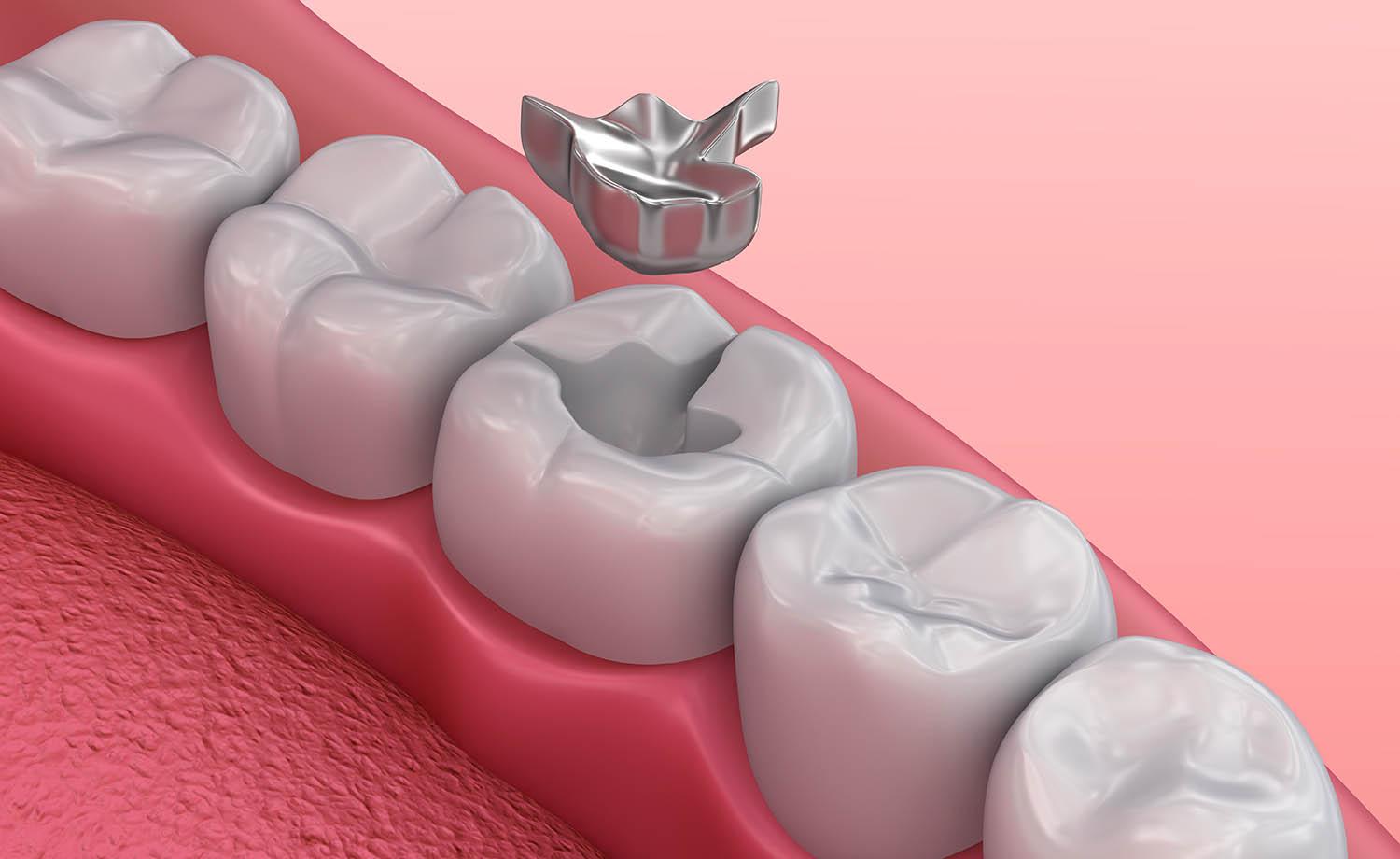
A New Era of Restorative Care: Global Agreement Sets 2034 Phase-Out Date for Dental Amalgam
In a landmark decision at the Sixth Conference of the Parties (COP6) to the Minamata Convention on Mercury, international delegates have collectively endorsed a historic global mandate: the manufacture, import, and export of dental amalgam must cease by the year 2034.
This sweeping agreement marks a decisive step in international efforts to protect human health and the environment from the adverse effects of mercury pollution, fundamentally changing dentistry around the world.
The Mandate and the Rationale
Dental amalgam, a common and affordable filling material used for over 175 years, contains mercury, which has raised long-standing concerns regarding its potential environmental impact and risks associated with mercury exposure. The Minamata Convention, adopted in 2013 and in force since 2017, is the international treaty driving the reduction and eventual elimination of mercury use across various industries.
The COP6 decision establishes a science-based, time-bound agreement that sets a global deadline for the material’s elimination for general use. The new mandate aims to:
Reduce Environmental Mercury: Eliminate a major source of mercury release into the environment.
Catalyze Innovation: Accelerate the global transition toward safer, mercury-free alternative restorative materials.
The Compromise and the Exemption
The final decision reflects extensive negotiations aimed at balancing environmental goals with crucial public health considerations. Notably, the phase-out date was extended from the initially proposed 2030 to 2034. This extension provides essential breathing space for:
Capacity Building: Giving developing nations adequate time to train dental professionals.
Regulatory Adaptation: Allowing governments and healthcare systems to plan and implement national policies.
Ensuring Affordability: Giving time for the sustainable production of alternative materials to ensure they are available and affordable in diverse settings.
Furthermore, the decision includes a crucial exemption: dental practitioners will still be permitted to use amalgam in cases where it is deemed necessary based on the clinical needs of the patient, particularly where alternatives are unavailable, unaffordable, or clinically unsuitable. This provision is vital for maintaining equitable access to essential restorative care during the transition period.
The 2034 phase-out sets a significant precedent for how international environmental treaties can harmonize with clinical realities, ensuring a safer future for all communities while preserving patient-centered care.
Original Article Details
Original Title: Dental amalgam: agreement sets global ‘phase-out date’ for 2034
Source: Dentistry.co.uk
Publication Date: November 11, 2025